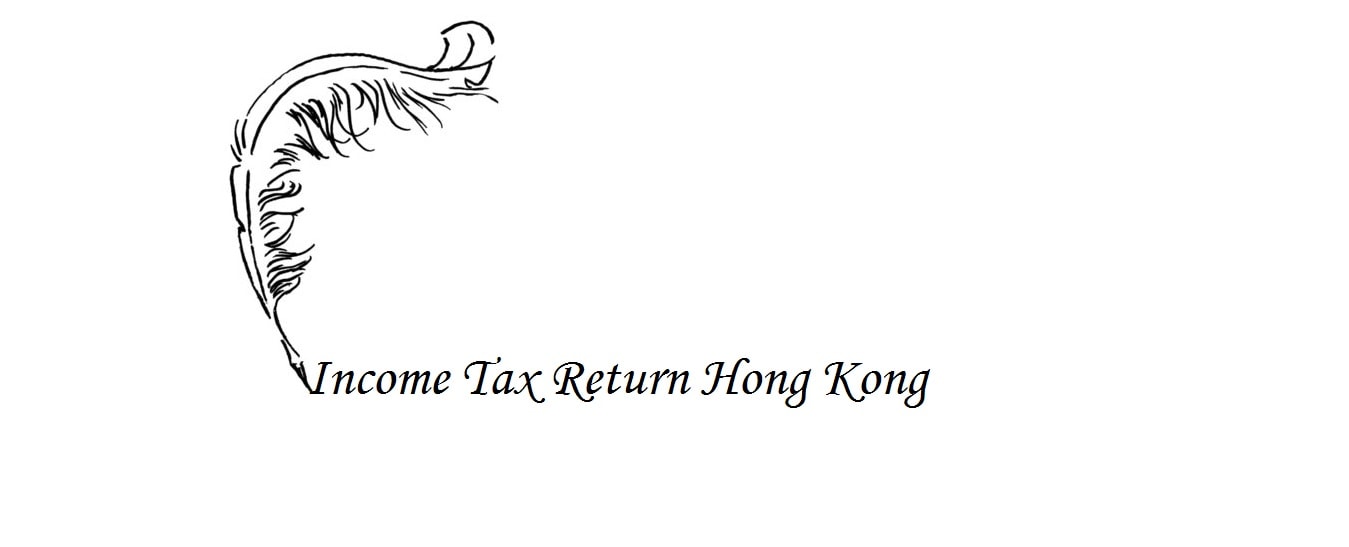
Taxation is a big part of every economy. While most people hate the idea of paying their taxes, it is what keeps the government running and providing the citizens with basic necessities. Hong Kong is very well known for its relaxed and simple tax system. With their reputation for being the greatest place to conduct business, the income tax and corporate tax rates in Hong Kong are simply amazing.
If you are living and working in Hong Kong then you need to pay your income taxes. It does not matter if you are self-employed or working for a company, you will be needed to file up and provide your tax returns individually. Income tax returns in Hong Kong may confuse people who are new in the country. So with that in mind, we have compiled a list of most frequently asked questions by people and have given the answers as well.
What determines the tax rates in Hong Kong?
The tax rates in Hong Kong are determined by the Inland Revenue Department (IRD).Salaries tax is chargeable in the following two ways;
The tax rate is charged on whichever is lower of the two.
What are your tax obligations?
If you are employed by a Hong Kong company to work inside of Hong Kong, then you will are liable to be taxable. For all the work done inside the country, the tax is charged on the salary you receive. On the other hand, if you are from overseas coming into Hong Kong to work on certain projects, then the tax is charged based on the number of days worked inside the country. However, if your working period is not more than 60 days then you are exempted from any sort of taxation.
Tax obligations for a director?
Being the director of a Hong Kong company means you are responsible for the running of a business. And that means you will be taxable on all your earnings. It does not matter how many days you have worked inside the country or how many days you have lived here, as long as you are the director of a Hong Kong company, you will have to pay the income tax. On the other hand, if you are a foreign director working inside Hong Kong, that is your business is outside of Hong Kong, then you do not have to pay any tax.
How to file a Hong Kong income tax return?
Every year on the first working day of May, you have issued the Individual Tax Returns (BIR60). According to the law, you need to complete and send the tax return back to IRD within the first 30 days from the date of issue. Thanks to the IRD’s e-TAX services, you can also pay your taxes electronically. You just need to open a personal account with e-TAX services. If you are running your own business or have a partnership business or are a part of a corporation then you can file the Profit Tax Return (BIR52, BIR53 and BIR54).
If you think that your income for the year is taxable but you are yet to receive your tax returns then you have four months to get in touch with the IRD. Contact them and get your tax returns to form before it is too late.
How to exempt yourself from taxes?
There are several factors which make you eligible for tax exemptions. These include;
How do I calculate taxes in Hong Kong?
Despite knowing all the rules and regulations, people still have a problem when it comes to actually count their taxes. In Hong Kong, you are allowed to have an allowance of HK$120,000 on which there will be no tax. Apart from that, you can have other allowances such as a married person’s allowance and child allowance. Keeping all that aside, you are allowed to claim deductions such as outgoings and expenses, approved charitable donations as well as expenses for self-education.All these are deductible by you. Using the IRD Tax Calculator, you can calculate and find out how much tax liabilities you owe to the Hong Kong government for the year assessment.
How do you pay your Taxes in Hong Kong?
Every year you will be given a notice of assessment at the start of October. If you want to clear out your taxes personally then you can always head over to the post offices or the convenience stores and pay them via posts. If you want to pay the taxes electronically then you can pay them through the internet, ATM, and by phone.